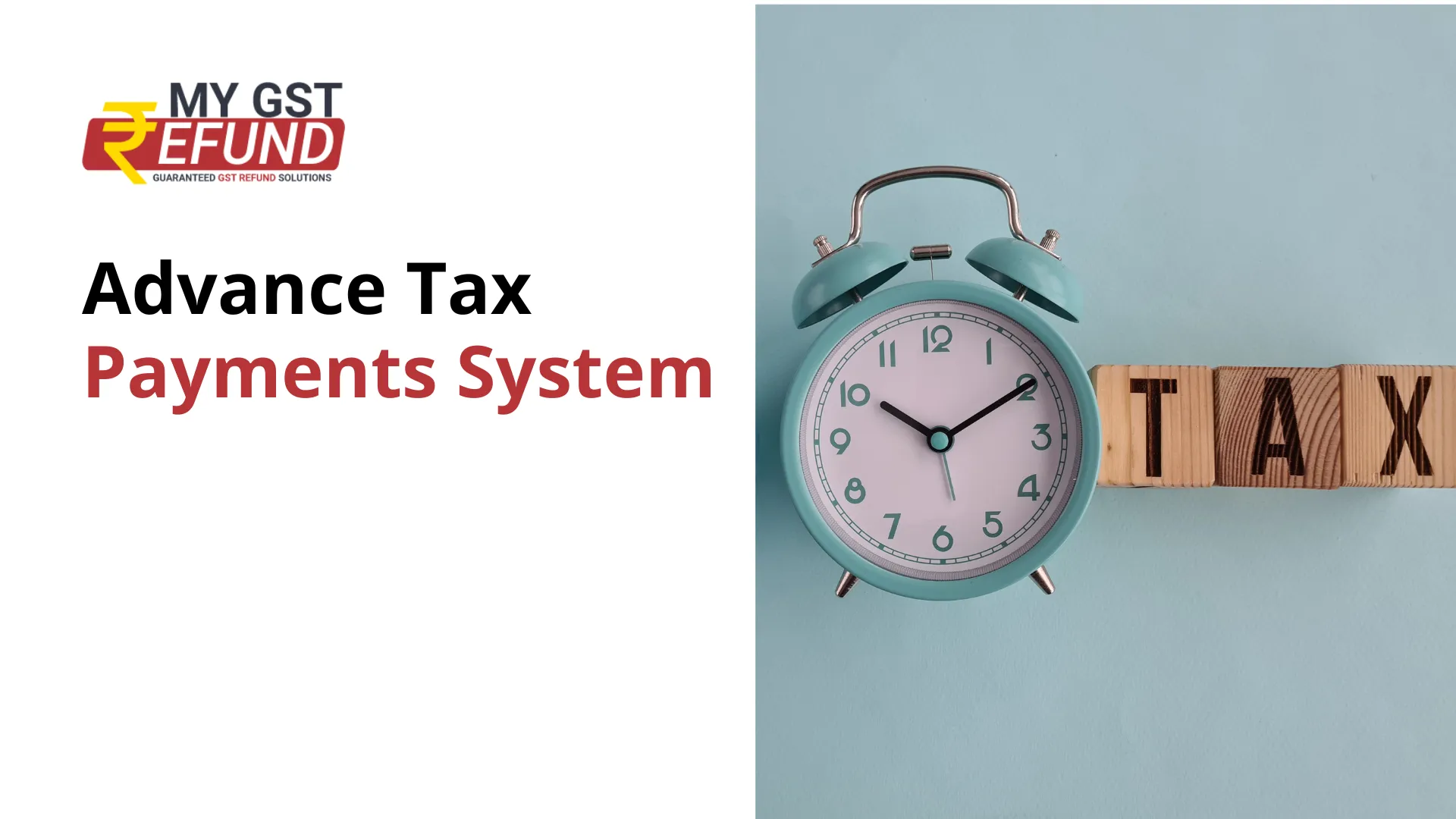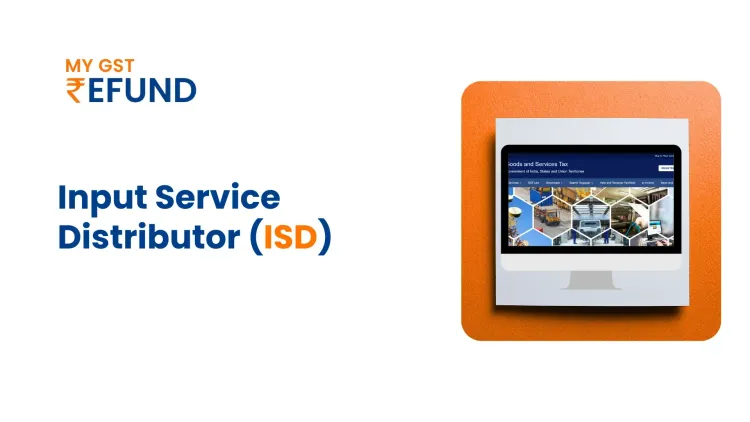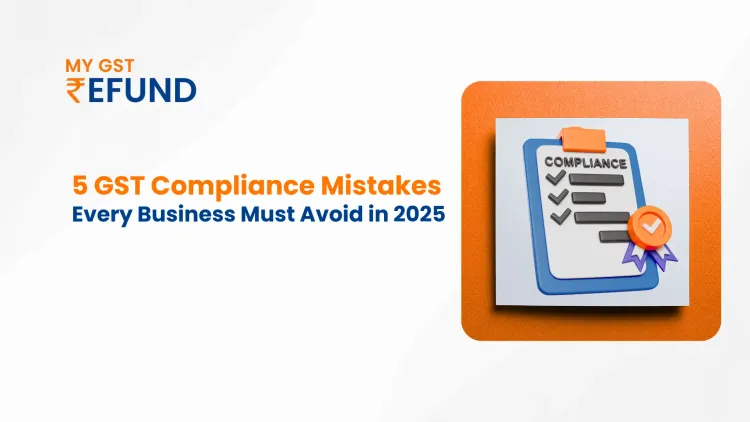Advance Tax is a way of paying income tax in India. Taxpayers need to estimate their tax liability and make installment payments of this estimated tax during the financial year, instead of paying the entire tax amount in one go at the end of the year.
What is Advance Tax Payment ?
Advance tax is income tax paid ahead of time for the income earned within a financial year. Typically, this tax is paid as income is earned.
According to the provisions of the Income Tax Act regarding advance tax, taxpayers must estimate their income for the entire year and pay tax in installments at specific intervals.To pay advance tax, taxpayers can use tax payment challans at authorised bank branches approved by the Income Tax Department. Payments can be made at any of these authorised banks.Alternatively, taxpayers can make advance tax payments through the Income Tax Department's online tax payment portal or the National Securities Depository.
Who is liable to pay Advance Tax ?
To be liable to pay advance tax, you must meet the following criteria:
- Your estimated tax liability for the year should be ₹ 10,000 or more.
- You should either be self-employed or salaried.
- Income earned through capital gains on shares.
- Interest earned from fixed deposits.
- Winnings from lotteries.
Income or rent earned from a house property.
Features of Advance Tax System
The features of advance tax payment in India include:
Installment payments: Advance tax is paid in installments rather than as a lump sum at the end of the financial year. Taxpayers estimate their tax liability and make installment payments accordingly.
Due dates: The advance tax payments are required to be made on specific due dates as prescribed by the Income Tax Department. These advance tax due dates are usually spread throughout the financial year.
Calculation based on estimated income: Taxpayers are required to estimate their total income for the financial year and calculate their tax liability based on the applicable tax rates. The advance tax amount is determined using this estimated income.
Multiple payment deadlines: Generally, advance tax payments are made in four installments, with due dates falling in June, September, December, and March. The payment schedule may vary depending on the type of taxpayer.
Penalty for non-compliance: Failing to pay advance tax or underpaying the required amount may attract penalties and interest charges imposed by the Income Tax Department. It is essential to meet the prescribed payment obligations to avoid such penalties.
Exemptions: Certain individuals, such as senior citizens without income from business or profession, are exempt from the requirement of paying advance tax. They can pay the entire tax liability at the time of filing their income tax returns.
How to calculate Advance Tax ?
Calculating advance tax involves estimating your total income for the financial year and then computing the tax liability based on the applicable tax rates. Here is a simplified step-by-step process:
Estimate Income: Determine all sources of income expected during the financial year, such as salary, business income, rental income, capital gains, and interest income.
Calculate Total Income: Add up all estimated income sources to determine your total income for the financial year.
Deduct Allowable Deductions: Subtract any allowable deductions such as life insurance premium, health insurance premiums, and investments like PPF. Also, offset any past years' losses that are eligible for set off.
Arrive at Taxable Income: After deducting allowable deductions from your total income, you will arrive at your taxable income.
Apply Tax Slabs: Calculate the tax on your taxable income using the applicable income tax slabs and rates for the financial year. Note that tax slabs can vary between old and new tax regimes.
Apply Surcharge and Cess:If applicable, apply any surcharge or health and education cess to your calculated tax amount.
Deduct TDS and TCS: Subtract any tax deducted at source (TDS) or tax collected at source (TCS) from your calculated tax liability.
Determine Advance Tax Liability: Your advance tax liability is the difference between your calculated tax liability and any TDS already deducted.
Divide into Installments: If your advance tax liability exceeds Rs. 10,000, divide it into four installments and pay them by the specified due dates.
Payment of Advance Tax: Pay the calculated advance tax amount on or before the due dates. You can make payments online through the official Income Tax Department website or at designated banks.
Remember, if there are changes in your income or deductions during the year, you can revise your advance tax payments accordingly in the remaining installments. For accurate calculations and compliance with tax regulations, consider consulting a tax professional or using online tax calculators provided by the Income Tax Department of India.
Consequences of delay in payment of Advance tax
Interest: If advance tax payments are not made correctly or accurately, the Income Tax Department may charge interest under Section 234B and Section 234C of the Income-tax Act, 1961.
Tax Notice: Failure to pay advance tax or providing incorrect estimates may result in receiving a notice from the Income Tax Department. Non-payment of advance tax could lead to imposition of interest and penalties.
What are the due dates of Advance Tax Payment ?
For individuals who have chosen the Presumptive Taxation Scheme as outlined in sections 44AD and 44ADA for their business income:
Deadline: Pay 100% of the advance tax by or before the 15th of March.
How to pay Advance Tax Online ?
Steps on how to pay advance tax online:
1. Go to the official e-filing portal of the Income Tax Department of India.
2. Find the ‘Quick Links’ section on the left-hand side of the homepage. Click on ‘e-Pay Tax’ or use the search bar to locate it.
3. Enter your PAN and confirm it by re-entering. Provide your mobile number and click ‘Continue.’
4. Enter the 6-digit OTP sent to your mobile number and proceed.
5. Select the checkbox labelled ‘Income Tax’ and click ‘Proceed.
6. Choose ‘Assessment Year’ as 2024-25 and select ‘Advance Tax (100)’ as the ‘Type of Payment.’ Click ‘Continue.’
7. Enter all required tax details.
8. Choose your payment method and bank, then click ‘Continue.’
9. Review the challan details and click ‘Pay Now.’ You can edit these details if necessary.
10. After the payment, you will receive an acknowledgment on the screen. Note down the BSR code and challan serial number from the challan. Keep a copy of this tax receipt for your records as the BSR code and challan number will be needed for your tax return submission.
Which forms are required in Advance tax ?
Form ITNS 280 must be accurately filled out on the specified advance tax due dates. Here’s a simplified overview of what's required:
Details Needed: Provide your PAN details, specify the assessment year, and choose your preferred mode of payment.
Payment Confirmation: After making the payment, you will receive a Challan Identification Number (CIN). It’s crucial to note and retain this CIN for your records and use it when submitting your income tax return.
Verification: It’s advisable to confirm with the Income Tax department that your online payment made via ITNS 280 has been successfully received.
By following these steps, you can ensure compliance and smooth processing of your advance tax payments.
Exemption from Advance Tax Payment
Senior citizens aged 60 years and above are exempt from paying advance tax.
Salaried individuals subject to TDS (Tax Deducted at Source) are also exempt from advance tax. However, they need to pay advance tax on any non-salary income such as interest, capital gains, rent, etc.
If the TDS deducted is more than the tax payable for the year, there is no requirement to pay advance tax.
Conclusion
In summary, advance tax in India allows taxpayers to pay their income tax periodically based on estimated earnings, instead of all at once at the end of the year. It applies to self-employed individuals, those with income from sources other than salary, and businesses. Exemptions are granted to senior citizens and those whose tax liability is covered by TDS. Timely payment of advance tax avoids penalties and interest charges, ensuring efficient tax management and compliance with regulations.
Also Read - Are Senior Citizens Exempt from Advance Tax?
Related Posts








